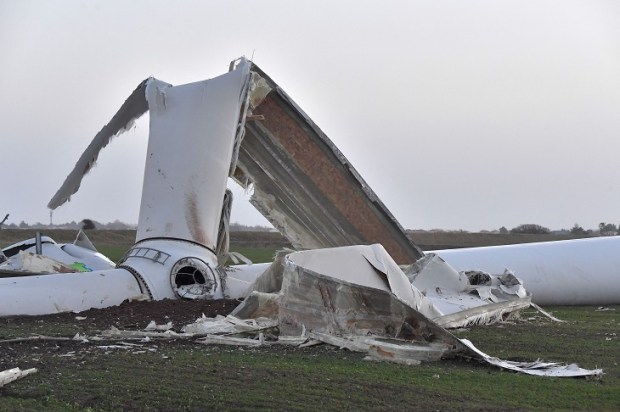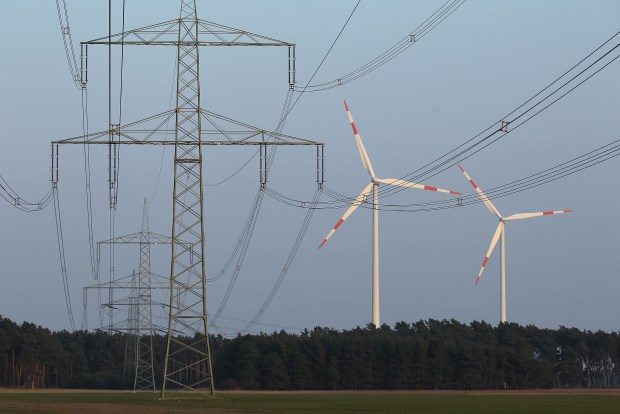Rewiring the nation won’t happen by rewriting history. Markets work best through light regulation and promoting competition. Government has a role to ensure important social outcomes where profits are scarce. But Labor’s energy transition is all about government control. Whether we agree with a government-led renewables future or not, one thing is clear: skills are not keeping up with demand.
Already a subscriber? Log in
Subscribe for just $2 a week
Try a month of The Spectator Australia absolutely free and without commitment. Not only that but – if you choose to continue – you’ll pay just $2 a week for your first year.
- Unlimited access to spectator.com.au and app
- The weekly edition on the Spectator Australia app
- Spectator podcasts and newsletters
- Full access to spectator.co.uk
Or


























Comments
Don't miss out
Join the conversation with other Spectator Australia readers. Subscribe to leave a comment.
SUBSCRIBEAlready a subscriber? Log in